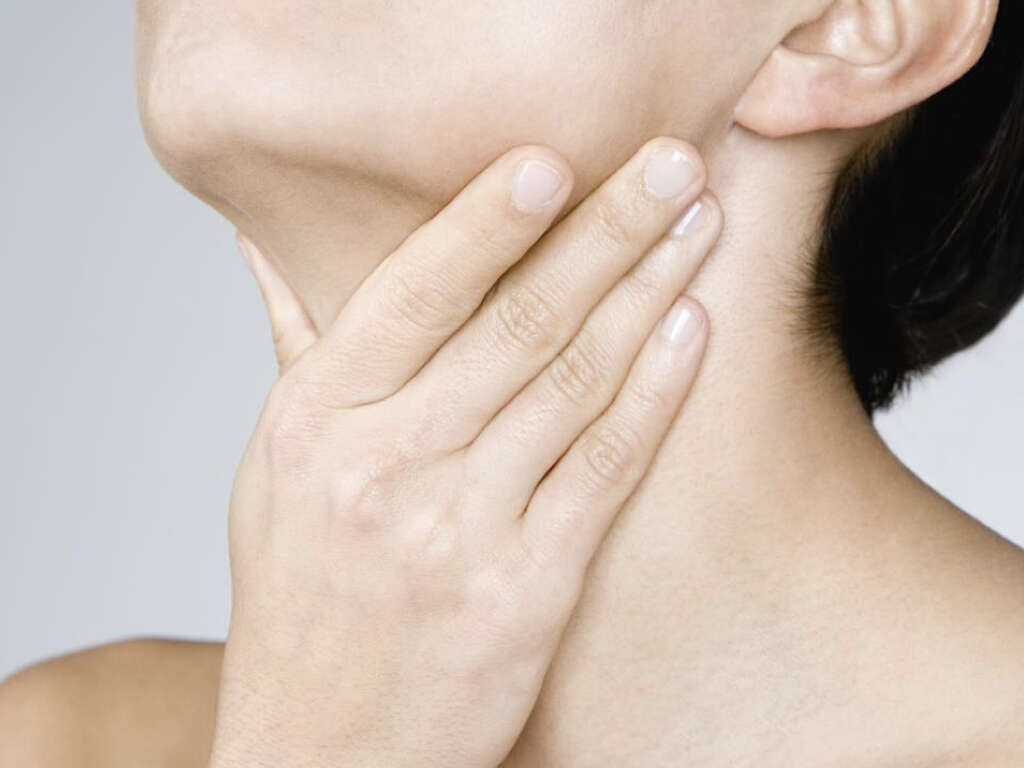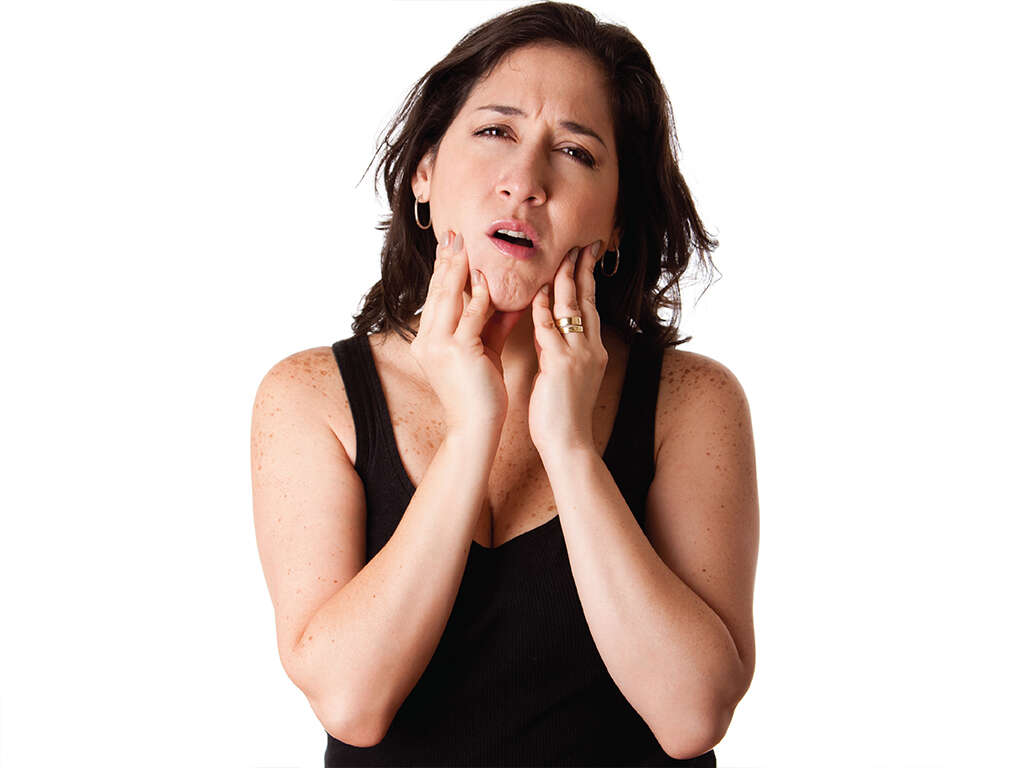What Causes TMJ?
10. Bad Posture
Every part of the musculoskeletal system is connected. If one part of your body is out of alignment on a regular basis, eventually it will affect other joints or muscle groups. Habitual bad posture collapses your spine from your lower back to the base of your skull. Back problems caused by poor posture can become jaw problems as the discomfort moves upward.
Good posture is more than just standing or sitting up straight. Engage your abdominal muscles to support your back. This helps give you a firm foundation to build on. When you do this, you may notice that your pelvis tucks in slightly. That is your body moving itself into proper alignment. Stand or sit with your knees over your ankles, and try to avoid crossing your legs while sitting. Having the right posture can alleviate all sorts of aches and pains, including TMJ tension.
There are many symptoms to look out for if you think you have TMJ issues. Your jaw may hurt when you yawn or when you open your mouth to eat or speak. If you hear a clicking or popping sound when you move your jaw, there may be unresolved tension there. Of course, if your jaw locks up or you are unable to move it, that is a clear indication of a problem. TMJ syndrome is usually a symptom of another issue, so figuring out what is causing your pain is the first step to treating it. Then you make an informed decision about the best way to get rid of the pain.
Advertisement









